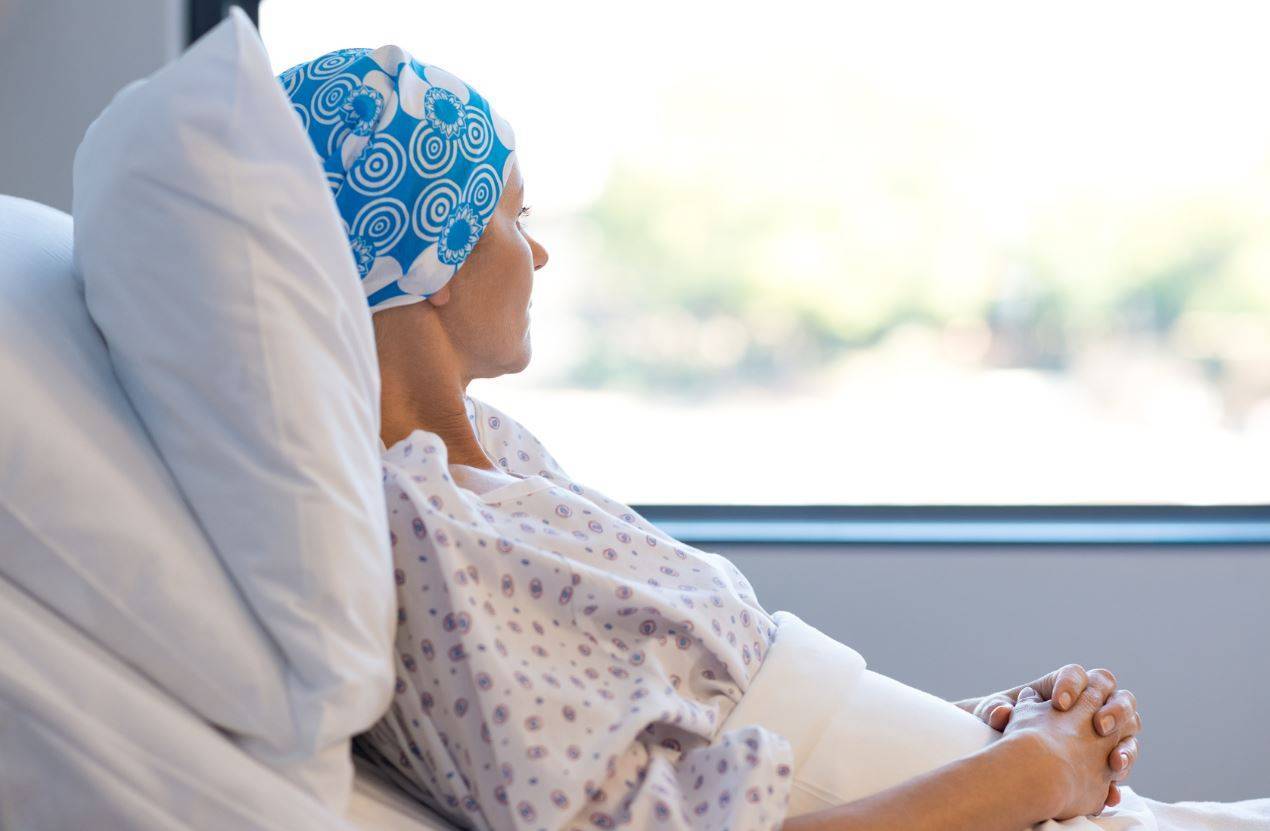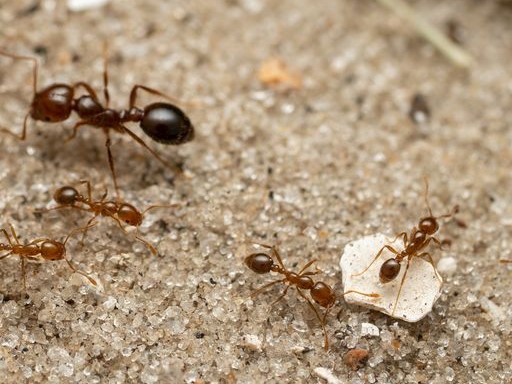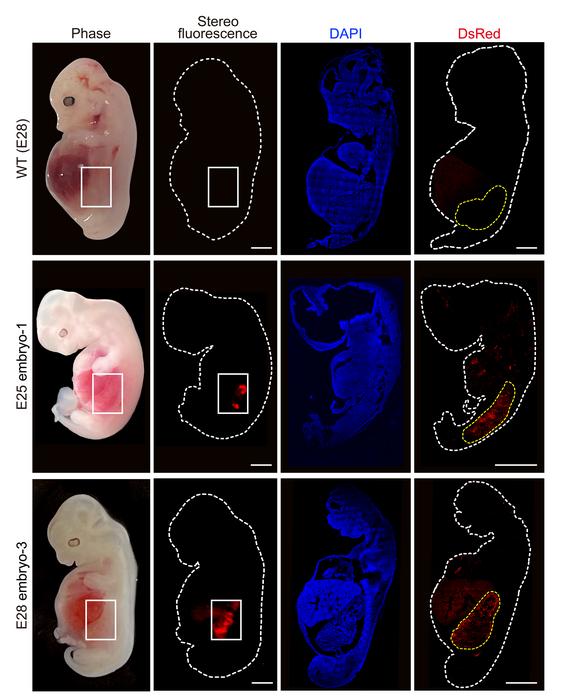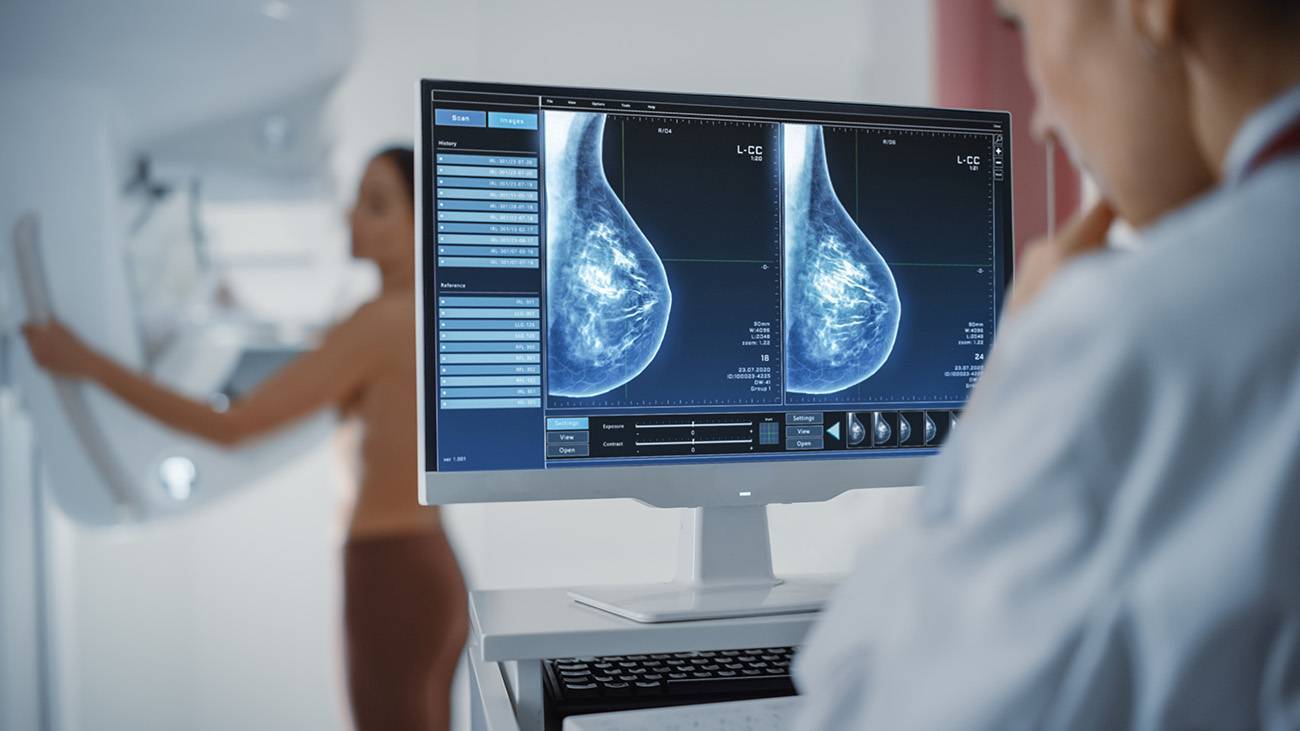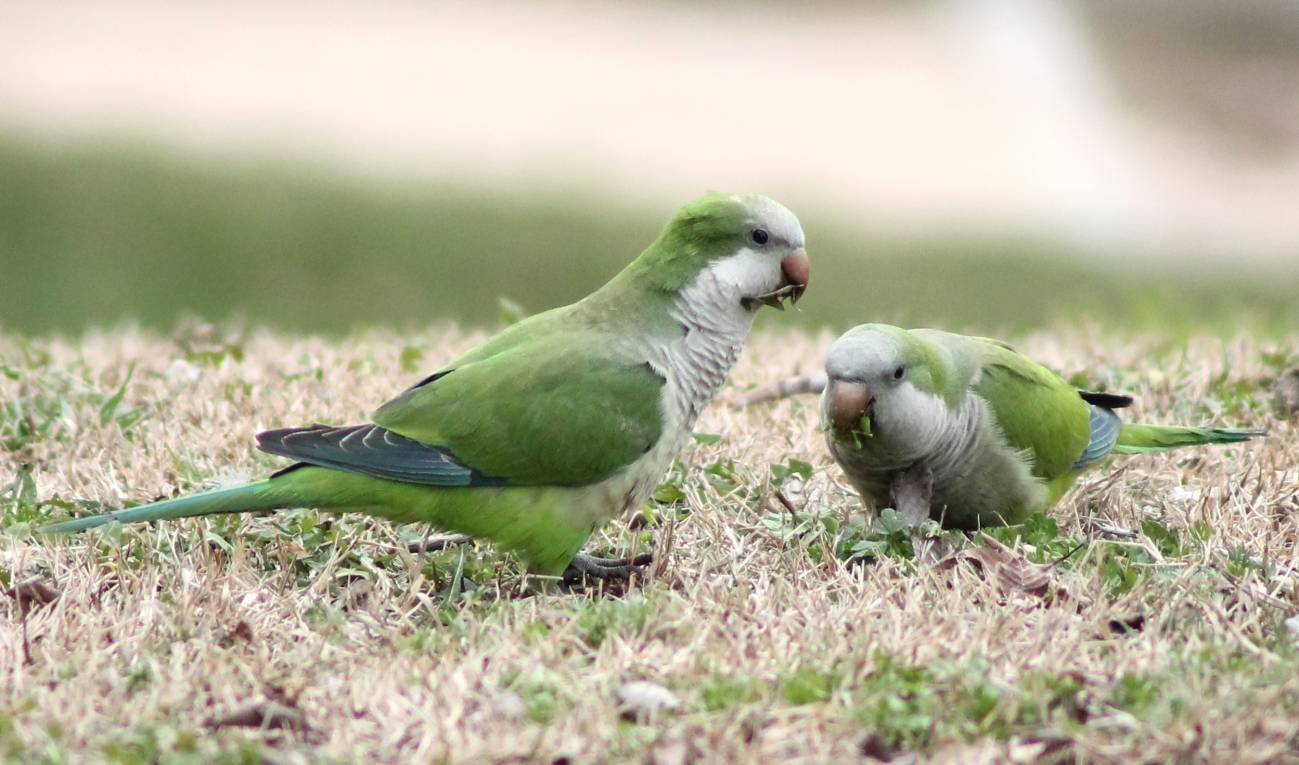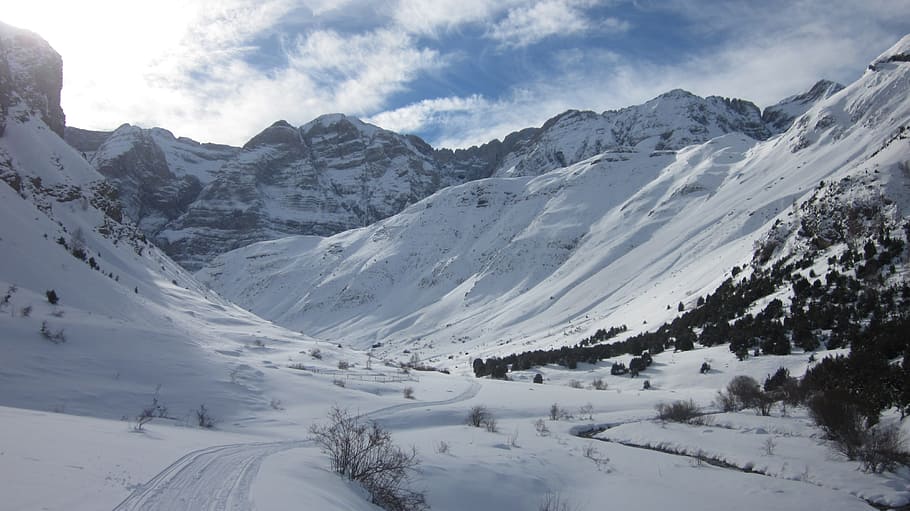Reaction: Ukrainian refugees are perceived more positively by European citizens than Syrians or Somalis
Research carried out with almost 300 participants from the United Kingdom and Malta revealed that they had more positive emotions, a willingness to help and less prejudice towards Ukrainian asylum seekers compared to Syrian or Somali refugees. According to the author, whose study is published in PLOS ONE, this is explained because “the perceived threat and negative emotions led to greater prejudice, which in turn led to a lower predisposition toward help.”

